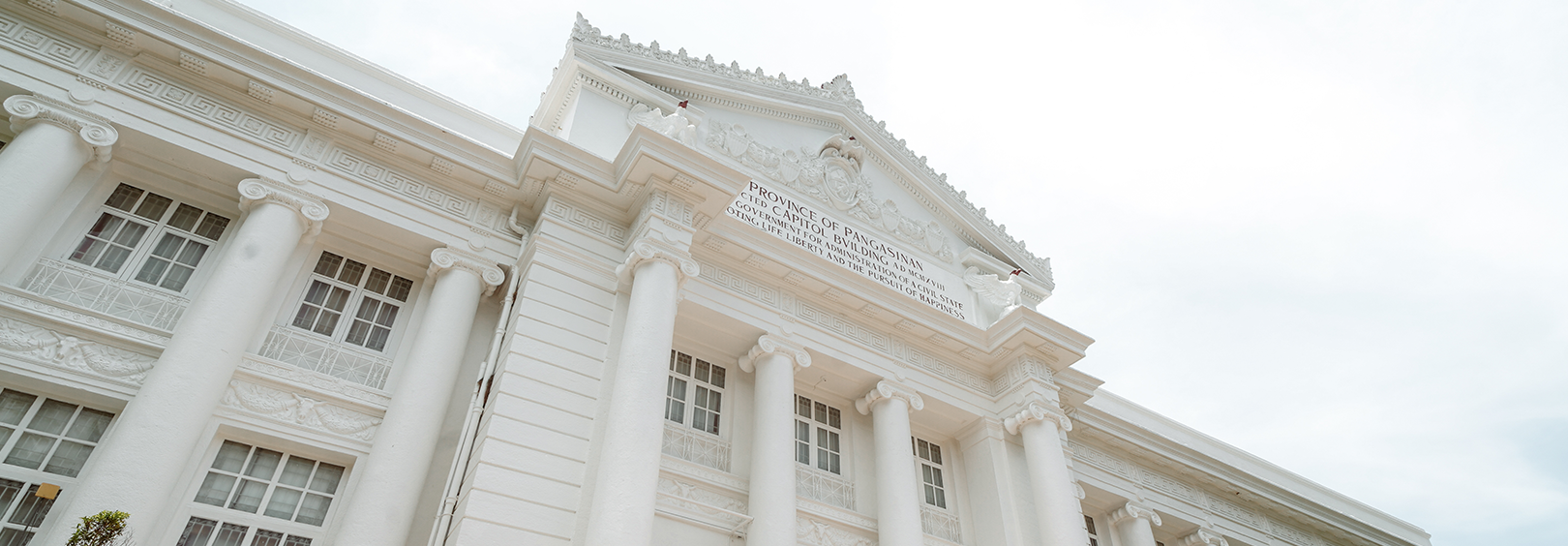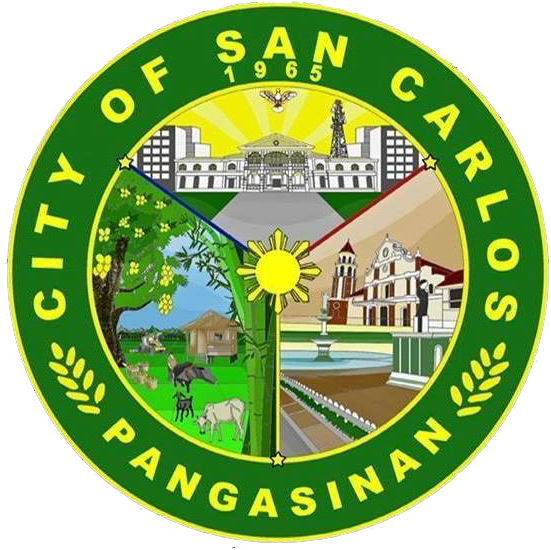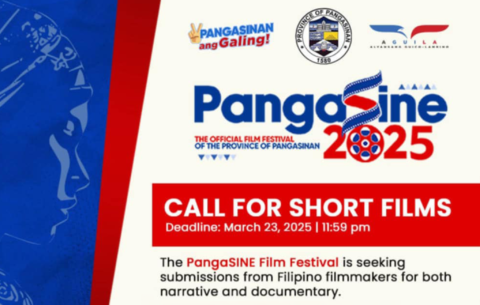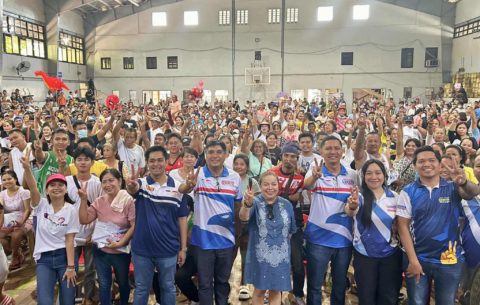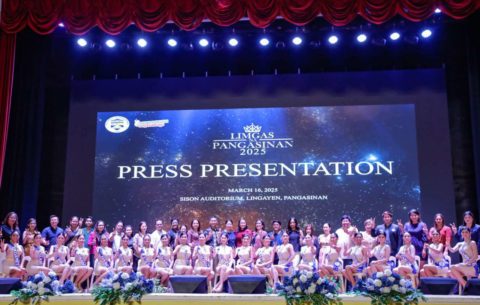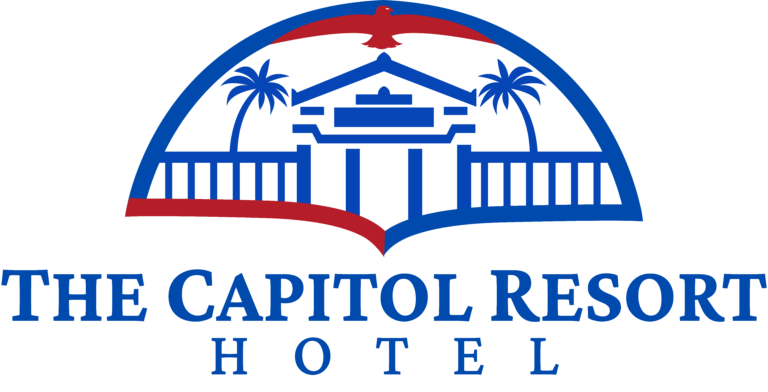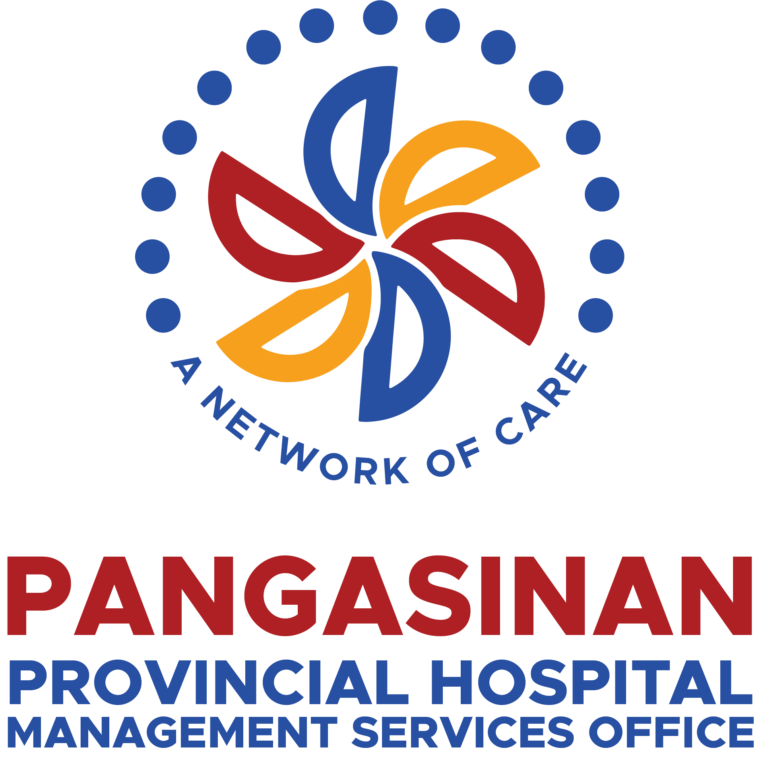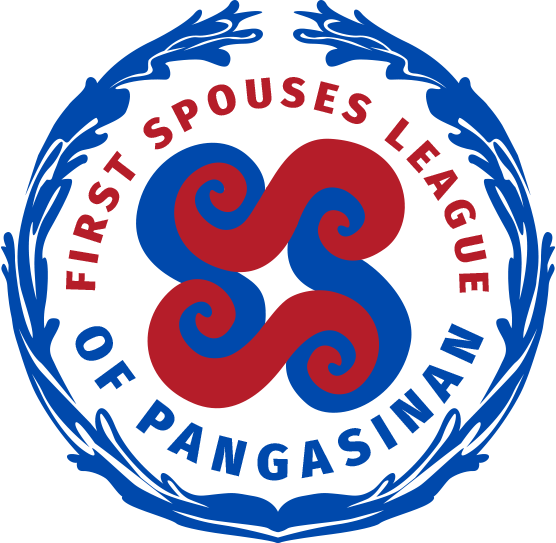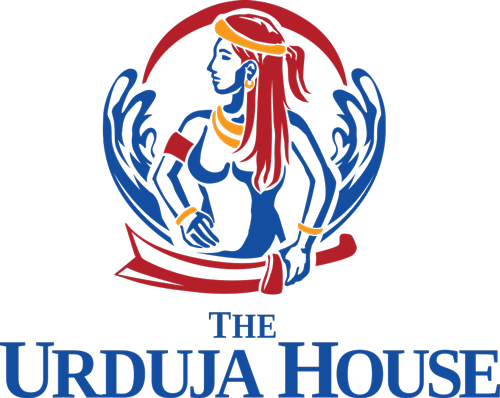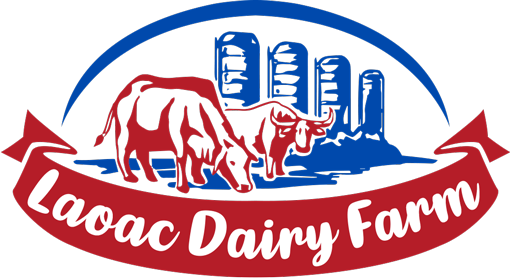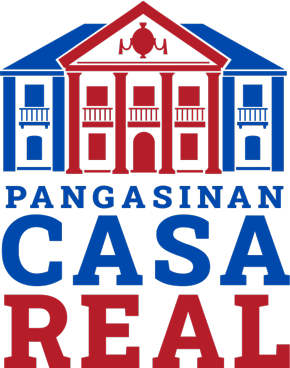The City of San Carlos was once called Binalatongan, the capital of Caboloan, a kingdom that once flourished in the present-day provinces of Tarlac, Zambales, Nueva Ecija, La Union, Pangasinan, and Benguet. Binalatongan was considered to be one of the most advanced and prosperous towns even before the Spaniards established their presence in the country. The name “Binalatongan” came from the word “balatong”, a Pangasinan term for “mongo” or mung bean which was abundant in the area.
Several revolts headed by Andres Malong in 1660 and Juan dela Cruz Palariz in 1762 had led to humiliating defeats on the part of the Spanish occupiers which lead to the order of King Carlos III to raze Binalatongan to the ground and rename the town of Binalatongan to San Carlos, its present name.
The Municipality of San Carlos was divided into two segments, One became the Municipality of Basista virtue of RA 4866. The larger segment became the City of San Carlos through the Republic Act No. 4487 signed on June 19, 1965.
San Carlos City is part of the third congressional district. It is 19 kilometers from the capital town of Lingayen. San Carlos City has a total land area of 17,087 hectares and a population of 205,424 people according to the 2020 census.
San Carlos City, a major trading center of bamboo and the best producer of carabao mangoes launched in 2001 an annual celebration called “Mango-Bamboo Festival” which reels off during the last week of April of each year, is often held with a kaleidoscope of activities highlighting the event. For this reason, the city derived its title as the “bamboo mango capital of the north.”
Officials
Mayor
Julier Resuello
Vice Mayor
Joseres Resuello
Councilors
Winston Manuel Millora
Alberto Castro
Orlando Banaag
Carmina Paningbatan
Jack Lester Soriano
Eduardo Garcia
Joshua Resuello
Christian Carlo Cancino
Caren Joyce Frias
Samuel Baniqued


